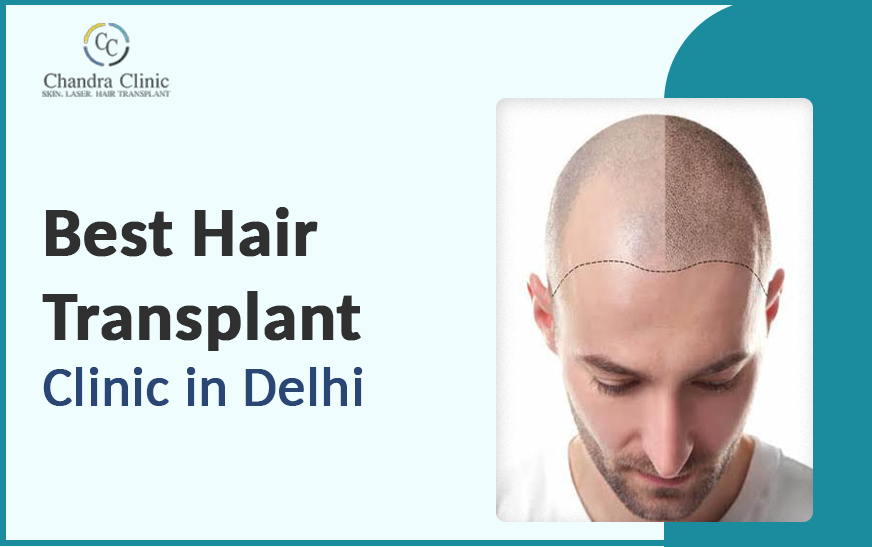
A summary of the post-operative suggestions for patients undergoing hair transplant surgery is included. One should remember that these are broad guidelines, and some details may vary depending on the doctor’s post-operative consultation. During the consultation with a skilled hair transplant surgeon, the treating surgeon will be given detailed instructions and a set of specialized hair care products, hats, and medicine, all of which are included. Let’s learn about some of the hair transplant surgeons’ essential aftercare recommendations. We will also find out where to get effective, safe, natural-looking hair transplant surgery in Delhi. Continue reading.
Common & Important Hair Transplant After Care Recommendations
Hair Wash
Hair washing is one of the most critical factors that might impact the eventual outcome of a hair transplant, so every patient should follow a unique hair wash routine for the first two weeks post-op.
The hair-washing technique contains three basic steps:
The transplanted area is slathered in lotion/oil/foam or other suitable moisturizer and left for 15-30 minutes. This softens scabs around transplanted grafts and the donor location. This softening phase aids in removing dried blood and promotes speedier healing. After 15-30 minutes, thoroughly wash the scalp with warm water. The donor and transplanted areas are cleaned with a specific medical shampoo. Apply a tiny bit of shampoo to the scalp and lather it between the palms to achieve this. Don’t rub. All washing should be done with soft palms and no pressure. Rinse thoroughly with water to ensure no product residue remains on the scalp.
After shampooing, dry the hair with a paper towel. Don’t rub; softly pat it. Applying the moisturizer will help the scabs fall off. If the dryness persists, one can use the moisturizer between hair washes.
Shampoo the hair once a day to help remove scabs. No dried blood or scabs should remain on the scalp after around 7 to 10 days. One may begin washing the hair usually no sooner than 14 days following the transplant. If necessary, one might wash their hair more than once a day following the operation. Continue using the shampoo the surgeon suggested until the bottle is empty.
If one has any issues with the washing regimen, one should consult their hair transplant surgeon or a skilled hair surgeon to get help.
Pain from Hair Transplant
Mild soreness may be experienced for a few days following the hair transplant process. After surgery, some patients have trouble falling asleep for the first several days. Following the procedure, it is usual to experience more discomfort in the donor location than in the recipient area. Some patients feel soreness in the donor area during the second healing week, which is perfectly typical as the tissue recovers. Over-the-counter pain relievers can help with post-surgical hair transplant pain. One will receive a list of painkillers from their treating surgeon. If the pain is severe or unexpected in any manner, please do not hesitate to contact the surgeon for prompt assistance.
Swelling Following Hair Transplant
Swelling is uncommon after hair transplant utilizing advanced FUE procedures. It is more common in more significant hair transplant procedures and transplants, including extensive hairline surgery. Swelling can impact the forehead and the area around the eyes for two to five days, with the maximum on the fourth day.
Itching After Hair Transplant
Itching is a frequent sensation following hair transplant. It could show up all over the scalp 7–14 days after surgery. The irritation in most situations signals that the tissue is healing. When it becomes solid, an antihistamine pill can be taken. In rare circumstances, irritation might be caused by a skin infection; if one observes pimples with white peaks in the implant area, please contact the surgeon. Even if there is an infection, it is usually easily treated with topical antibiotic treatments.
Correct Sleeping Position
It is essential to avoid touching the recipient areas for the first week following the hair transplant. The doctor asks patients to sleep on their backs with their heads elevated on several pillows. Pillows reduce swelling after hair transplant by lifting the head at sleep. Patients can also drape a towel over their neck to restrict head movement during the night. Alternatively, a travel pillow can be used approximately 9 days after surgery. The final results depend on sleeping in the right position.
Healing and Transplant Recovery Times
Healing is swift following any hair transplant using advanced techniques like FUE or BIO-IPT. Most people feel fine after a day or two of surgery, but some numbness and moderate discomfort in the scalp may last for many days. Punctate red scabs will form at the bottom of the transplanted hair shafts on both the recipient and donor locations and will be evident for 7-10 days. Within 10-15 days of surgery, the patient’s look usually returns to normal. After this period, only a tiny redness may remain evident.
Patients with a very light complexion may endure extended redness following the treatment, but those with darker hair and skin tend to recover more quickly. All things considered, the healing process following hair transplant is extremely personalized and impacted by the patient’s age, way of life, diet, and even environment.
Consult a Top Hair Transplant Surgeon in Delhi
A hair transplant done by a skilled hair transplant surgeon ensures the safety and natural results, and the aftercare they provide speeds up the recovery procedure. This makes the recovery easy and quick. One can consult Chandra Hair Transplant Clinic, Dr. Urvashi Chandra provides the greatest hair transplants. With more than 12 years of experience doing hair transplants, this hair transplant surgeon from Delhi is a Diplomate of The American Board of Hair Restoration Surgeons. Visit the clinic where hair transplants cost between Rs. 30,000 and Rs. 2,40,000 to learn about affordable hair transplant surgery cost in Delhi. Obtain a thorough quote right now!





















Write a comment ...